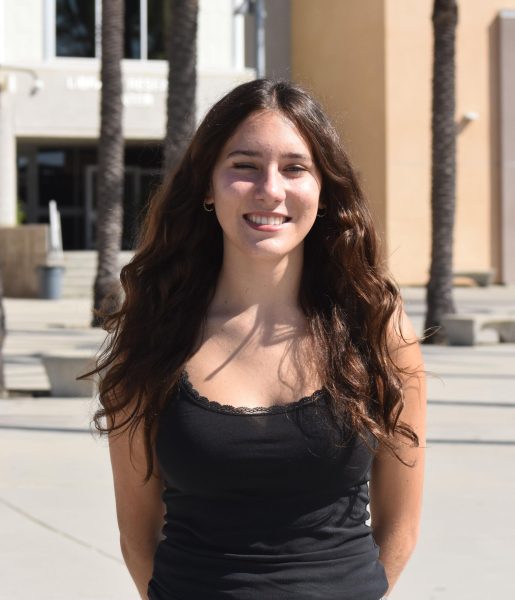“The revolution ‘bout to be televised, you picked the right time but the wrong guy,” Kendrick Lamar pronounced at the Super Bowl LIX.
Although his disses at Drake gracefully stirred social media, what really made this halftime performance spectacular was the way Lamar used every 13 minutes and 24 seconds of the broadcast to comment on the racial and political divide in America.
In changing the famous lyric, by Gil Scott-Heron: “the revolution will not be televised,” in his song “Squabble Up,” Lamar suggests that the revolution is undeniable and in a society dependent on digital media, his message will not be censored.
In true Katniss Everdeen fashion, Lamar used the symbolism of the game controller design of the field and surprise feature of Samuel L. Jackson to get his message across to not only Donald Trump, the first sitting president to attend the Super Bowl, but also the rest of the American people.
Jackson, impersonating Uncle Sam — a personification of America — “criticized” Kendrick’s performance saying that it is “too loud, too reckless, too ghetto,” telling him to “tighten up,” showing how Black voices are told to tone down their messages. He also referenced the double entendre of “the great American game,” of course recognizing the football game, but also the unfair games that Black Americans need to play to live in the system that is the United States.
The formation of the dancers during the song “HUMBLE” was also deliberately conducted. Dressed in red, white, and blue, the dancers formed the shape of an American flag that was split into two parts – paralleling the tense and polarized nature of the political climate today.
When they all fell to the floor, only the dancers in the inner circle were able to survive, and those who perished, perished despite their hands held up in surrender.
From SZA joining for “Luther” and “All the Stars” to teasing his Grammy-award-winning song “Not Like Us” throughout his performance, Lamar had me captivated waiting for what would happen with each cut of the camera.
From start to finish, Lamar was unapologetically unequivocal in his message, a kind of “Poetic Justice” that carried a message that Americans need to hear now more than ever.





